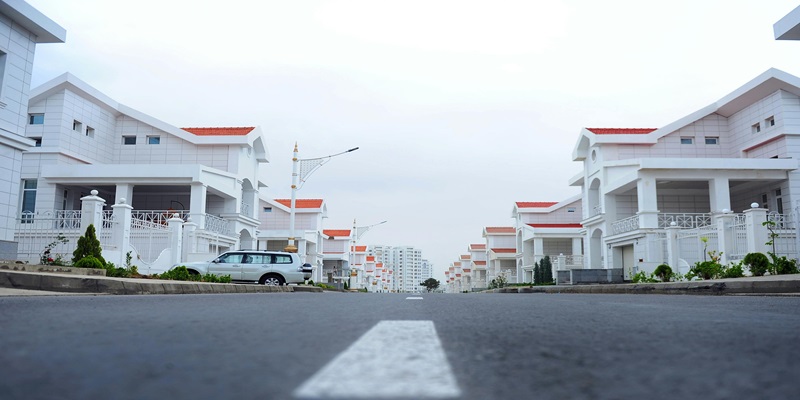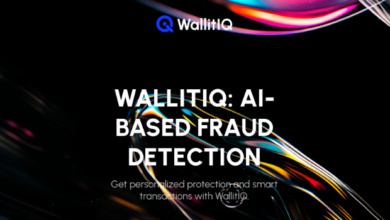Revolutionizing Property Management: Top 10 Real Estate Technology Innovations

The real estate business is going through a major change, driven by advancements in technology. Property management, in particular, has seen significant improvements thanks to these innovations. From smart devices to data analytics, technology is enhancing efficiency, security, and tenant satisfaction. In this article, we’ll explore the top 10 real estate technology innovations that are revolutionizing property management.
Internet of Things (IoT):
The Internet of Things (IoT) is leading the way in property management technology. IoT devices, such as smart thermostats, lighting systems, and security cameras, allow property managers to monitor and control building systems remotely. This not only enhances convenience but also improves energy efficiency and security.
Key Benefits:
Remote monitoring and control
Enhanced energy efficiency
Improved security
Property Management Software:
Property management software is essential for streamlining operations. These platforms help managers handle tasks such as rent collection, maintenance requests, and tenant communications. By automating these processes, property managers can save time and reduce the risk of errors.
Key Benefits:
Streamlined operations
Automated rent collection
Efficient tenant communication
Smart Security Systems:
Smart security systems are transforming how properties are secured. These systems include smart locks, surveillance cameras, and motion sensors that can be controlled via mobile apps. Real-time alerts and remote access ensure property managers can respond quickly to security issues, providing peace of mind for tenants.
Key Benefits:
Enhanced property security
Real-time alerts
Remote access control
Virtual and Augmented Reality:
Virtual Reality (VR) and Augmented Reality (AR) are revolutionizing property tours and maintenance. VR allows potential tenants to take immersive virtual tours of properties from anywhere, saving time and travel costs. AR can assist in maintenance by overlaying digital information onto the physical environment, helping technicians identify and fix issues more efficiently.
Key Benefits:
Immersive virtual tours
Cost-effective property viewing
Enhanced maintenance efficiency
Big Data and Analytics:
Big data and analytics are providing property managers with valuable insights into market trends, tenant behavior, and property performance. By analyzing this data, managers can make informed decisions about pricing, marketing strategies, and maintenance schedules, ultimately improving profitability and tenant satisfaction.
Key Benefits:
Informed decision-making
Optimized pricing strategies
Improved tenant satisfaction
Drones:
Drones are becoming indispensable tools in property management. They offer aerial views of properties, which are useful for marketing, inspections, and maintenance. Drones can quickly survey large areas, providing detailed images and videos that help property managers assess conditions and plan maintenance more effectively.
Key Benefits:
Aerial property views
Enhanced marketing visuals
Efficient property inspections
Artificial Intelligence (AI) and Machine Learning:
Artificial Intelligence (AI) and machine learning are enhancing various aspects of property management. These technologies can analyze vast amounts of data to predict maintenance needs, optimize energy usage, and even assist in tenant screening. AI-powered chatbots are also improving tenant communication by handling inquiries and providing instant responses.
Key Benefits:
Predictive maintenance
Optimized energy usage
Improved tenant screening
Electronic Signatures:
Electronic signatures are streamlining the lease signing process. Platforms like DocuSign and Adobe Sign allow tenants to sign documents electronically, reducing the need for physical paperwork. This speeds up the leasing process and ensures that documents are signed promptly and securely.
Key Benefits:
Faster leasing process
Reduced paperwork
Secure electronic signatures
Mobile Apps:
Mobile apps are transforming property management by providing a convenient way for managers to handle tasks on the go. These apps allow managers to track maintenance requests, communicate with tenants, and access property data from their smartphones. Tenants can also use these apps to pay rent, submit requests, and receive updates.
Key Benefits:
On-the-go task management
Efficient tenant communication
Convenient rent payment
Blockchain Technology:
Blockchain technology is bringing transparency and security to real estate transactions. By using blockchain, property managers can ensure that all transaction records are immutable and tamper-proof. Smart contracts, which are self-executing contracts with the terms directly written into code, can automate lease agreements and other transactions, reducing the need for intermediaries.
Key Benefits:
Secure and transparent transactions
Automated lease agreements
Reduced need for intermediaries
Conclusion:
The real estate business is being reformed by technological inventions that prolong efficiency, security, and tenant satisfaction. From IoT devices and property management software to AI and blockchain, these advancements are revolutionizing how properties are managed. Embracing these technologies is crucial for property managers who want to stay competitive in an ever-evolving market. The future of property management is undoubtedly digital, and those who adapt to these changes will lead the way in creating smarter, more efficient, and more secure properties.





